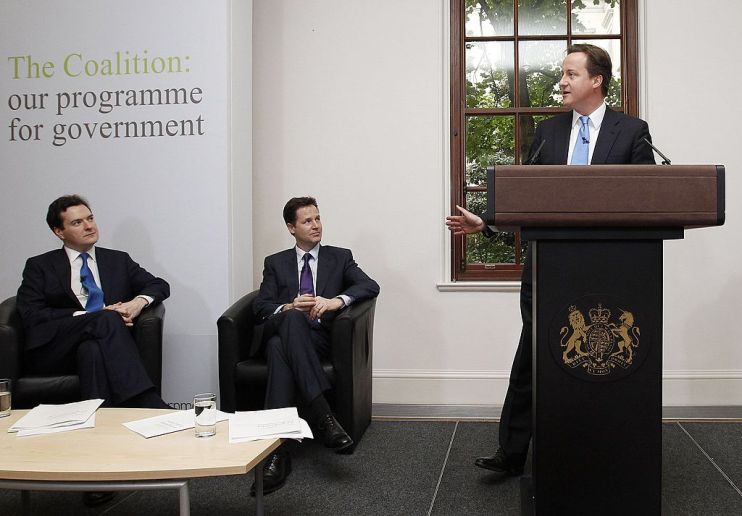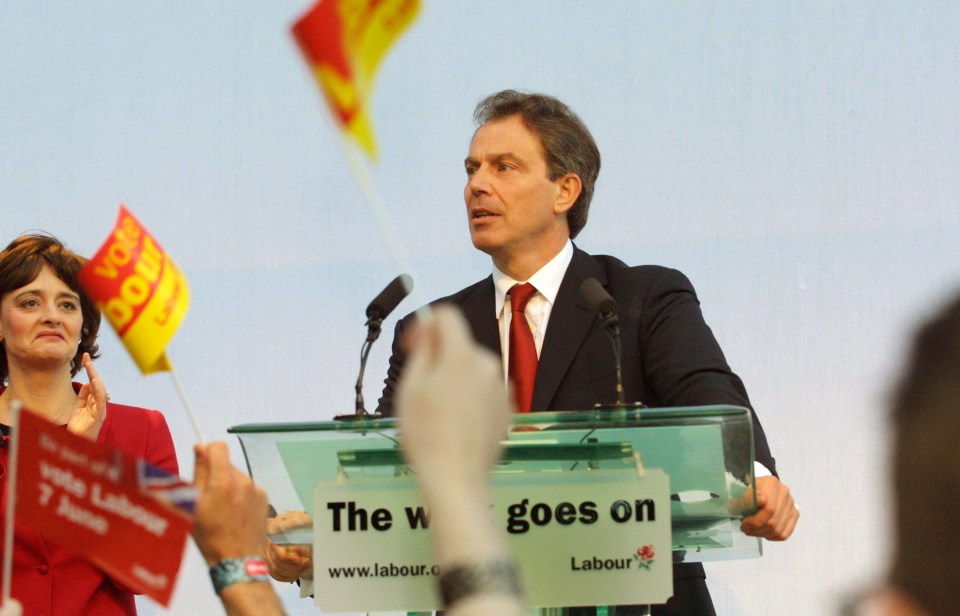Labour and Tory governments shun £500bn of investment for UK economy since 2000

Britain has missed out on £500bn of public investment this century as a result of successive Labour and Conservative governments trimming capital spending to balance the books, a new report out today claims.
Since the turn of the millennium, the UK has injected around 2.5 per cent of gross domestic product (GDP) of public investment into the economy, among the lowest levels in the group of rich nations that make up the Organisation for Economic Cooperation and Development (OECD).
In fact, the average advanced OECD country has clocked up 3.7 per cent of GDP of public investment over the same period, around 50 per cent more than Britain’s contribution.
If successive Labour and Tory governments had closed that gap, the UK would’ve received an additional £500bn of public investment since 2000.
Chronically low investment has been driven by political short-termism and adherence to fiscal rules that don’t ring-fence investment spending from daily expenditure, forcing politicians to reach for capital spending cuts to shore up the UK’s finances, according to the economic think tank the Resolution Foundation, who calculated the figures.
Spending on things like roads, schools and nurses bore the brunt of David Cameron and George Osborne’s sweeping cuts during the austerity years, although UK public investment only reached the long-term three per cent of GDP average at the tail end of Labour’s Tony Blair and Gordon Brown government.

James Smith, research director at the Resolution Foundation, said: “Britain’s record on public investment is one of long-term failure. Our investment levels are too low and too volatile, as investment plans are announced and then scrapped before they ever get going.”
Former Prime Minister Boris Johnson on entering office in 2019 stepped up government investment to levels not seen since the 1970s.

Public investment is “now due to be frozen in cash terms in the second half of the decade – reversing more than 80 per cent of the increases announced just three years ago,” the report said.
The Treasury countered this claim: “Despite the tough decisions we’ve taken to stabilise the public finances, we are maintaining record levels of capital investment with £600bn over the next five years in critical infrastructure like Northern Powerhouse Rail, HS2 and Sizewell C.”
Responding to a grilling by MPs on the treasury committee yesterday, Hunt defended his budget earlier this month, in which he injected around £20bn into the economy by offering investment reliefs for businesses and expanding childcare support.
He stressed that the government must keep its “eye on the ball” to avoid stoking inflation by over-stimulating the economy.
A series of tax bands have been frozen for several years, measures announced by now-Prime Minister Rishi Sunak in 2021, throwing the UK’s tax burden on track for its highest level since just after World War II.
Hunt’s budget actually raised the projected tax burden slightly, mainly because the Office for Budget Responsibility slimmed its long-term GDP growth projections.
In a jibe at Truss’s reckless fiscal strategy, Hunt told MPs on the treasury that the fallout from her mini budget demonstrated governments “can’t fund tax cuts through increased borrowing”.